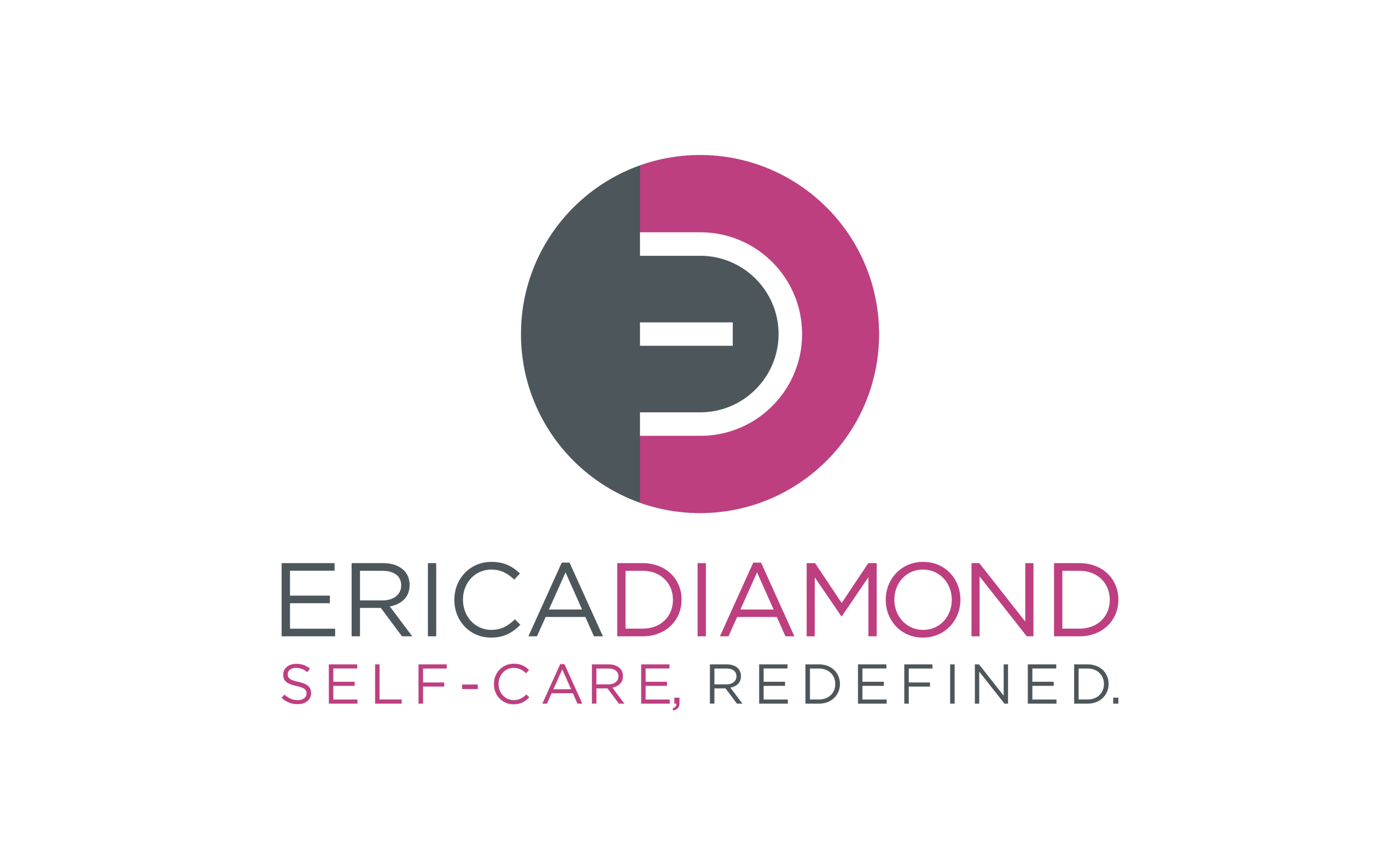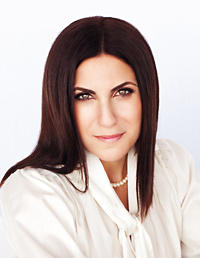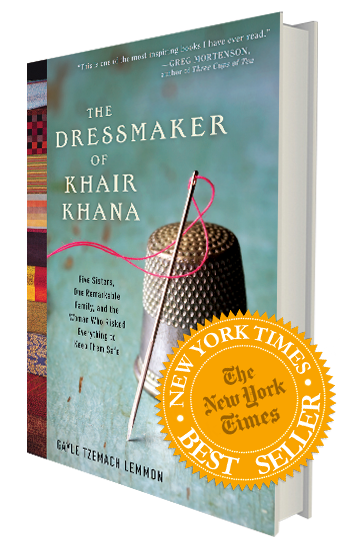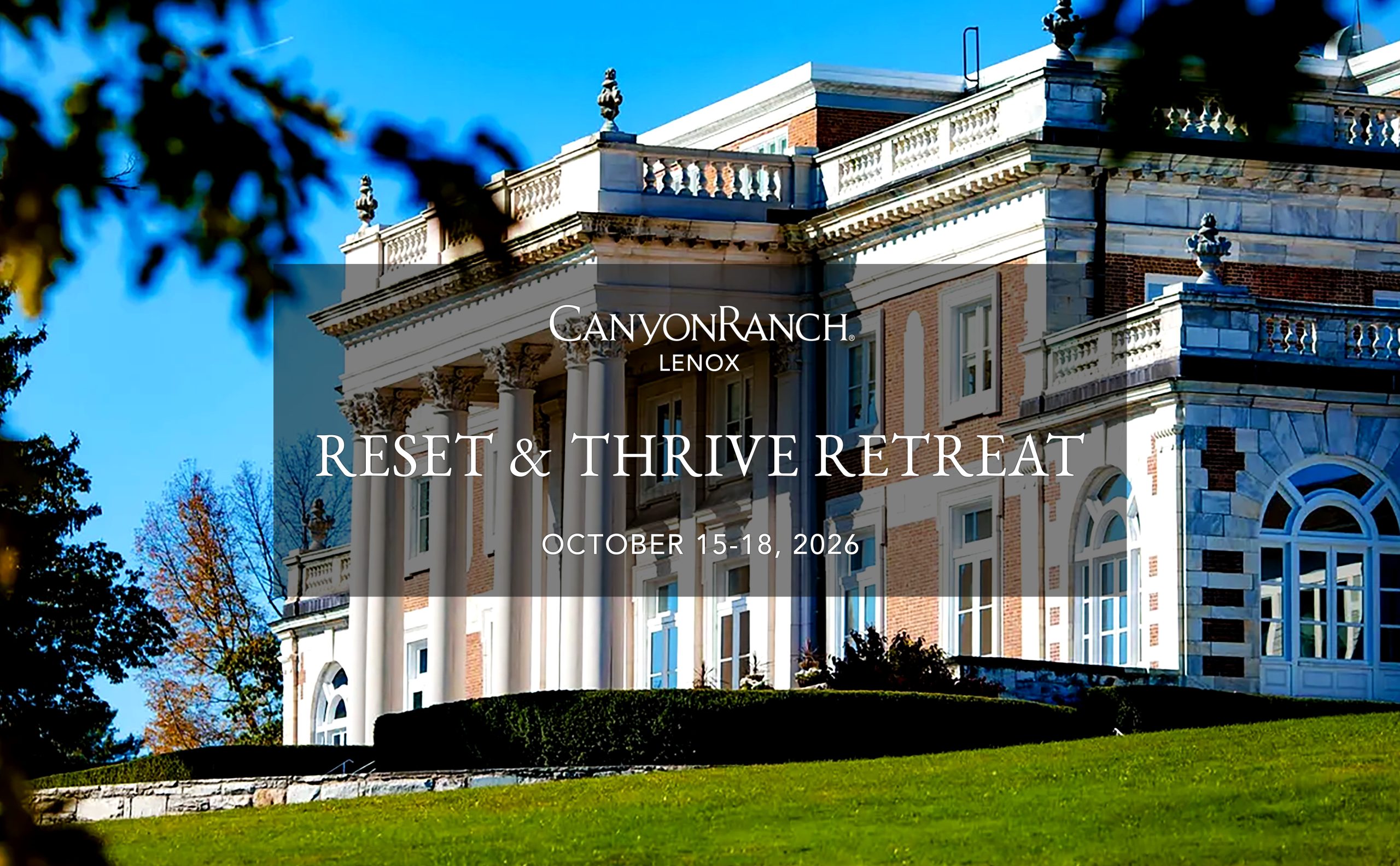By New York Times Bestselling Author Gayle Tzemach Lemmon
At 30 years old, I left the job I loved. I had fought long and hard to win my role in the ABC News Political Unit covering presidential politics. I worked for a boss I respected and with colleagues I loved. News was my mother tongue, and I had a privileged perch covering public policy and just about anything political I wished. There was no reason to leave.
Except this nagging thought that kept attacking me: What will you do if you are still doing this 10 years from now? Will that be enough?
I knew it was not.
While I loved my work and the people I worked with, I knew I was passionate about something else: economic development. Looking at why poverty works the way it does, and writing about what we can all do to make a difference when it comes to making people’s lives better.
So I did the last thing I ever expected to do. I went to business school.
MBA study was hardly an obvious choice. Journalists are notoriously ill at ease with numbers, and I was no different. I had not studied math since high school. I had no accounting, finance or statistics background. Heck, I didn’t even know people who had gone to business school. My mother was a brilliant single mom who worked two jobs to make certain I had every opportunity possible, but neither of my parents had an undergraduate degree and that world seemed rarified and far removed from mine. But I believed that earning an MBA would give me a window into a foreign world: a world of finance and markets and business, a world that was as far from my comfort zone as I could ever imagine.
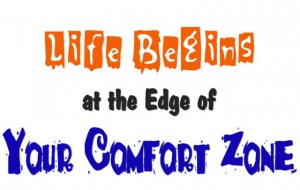
I dedicated a year to putting my plan into action. And nearly every week, I would have one night where I would fall into despair and feel utterly overwhelmed by the certainty that I had no chance of making this idea a reality, and that I should give up now rather than waste more time chasing a path that belonged to someone else.
And then my cousin Mark gave me some great advice that I have never forgotten: It is this hard because it is supposed to be. It is this hard for everyone. And if it were easy, everyone would change their lives.
So I kept at it. And at it. And at it. I would spend most every weeknight studying GMAT exams and writing essays, giving up my social life and treating myself only to a study break of Will & Grace re-runs at 11:30 pm. I told almost no one about my work because I didn’t want to have to tell them I had failed if I didn’t end up getting in anywhere.
As a journalist, I had a lot of friends who wrote beautifully. And I employed nearly all of them to help me edit my essays, working them nearly as hard as I worked myself. I was incredibly fortunate in my friends, who supported me and kept me on track at times when all I wanted to do was veer off course and away from my goal.
But in the end, the hard work paid off. While covering the New Hampshire primary, I received an email from Harvard Business School admissions saying that my application decision was ready to be viewed. I sat in my hotel room wondering whether to click on the link. At last I let my fate be decided by an “enter” button. As soon as I read the word “Congratulations,” I gasped, shocked to see that all the hours of effort really did make the difference. And that no matter how tired I had ever been, or how much I had wanted to give up, I was right to pursue my dream, no matter how remote it seemed.
And then the REAL hard work began.
Once I got into business school, I started looking for a topic to write about. A subject I believed mattered deeply, one that no one else was writing about, kept nudging me. The idea I finally settled on after a few false starts: Women Entrepreneurs in War Zones.
Almost no one thinks about women and war. And if they do, they think of victims to be pitied. Not survivors to be respected. Rarely do we ever hear about the hard work women do in wartime, because almost every story about war focuses on the men who go off and fight, not the women who stay behind and make sure there is a community to go back to once the fighting is over. I wanted to change that. I wanted to give credit to the unsung heroines and intrepid entrepreneurs who overcome the obstacles and find a way forward for the sake of their families.
No one believed there was a story except for one professor. Everyone else thought I was on a fool’s errand. But after my first trip to Rwanda in 2005, I was convinced that the inspiring businesswomen I met there were just the beginning of the story. I met women exporting roses to Europe, shipping fruits and vegetables to Belgium, and fixing cars in Kigali. Women getting on with the business of life and using business to change their lives. And I felt certain there had to be more of these stories. All over the world, women step up every day because people are counting on them. Their stories are economic stories, war stories and adventure stories. And they deserve to be told.
That morning in Manchester, New Hampshire, marked the beginning of the path that led me to The Dressmaker of Khair Khana, a story of young women and mothers who became breadwinners and entrepreneurs under the Taliban. I am so grateful to have had the privilege of telling these stories of unheralded heroines and inspiring entrepreneurs. And I hope you will join me in changing the conversation about women and war, and honoring the unsung heroines all around us.
With International Women’s Day this week, let us honor women everywhere– the mothers, sisters, daughters, aunts, nieces and grandmothers. Let us honor the known trailblazing women of the world, and the unknown trailblazing women doing remarkable things in their communities. These women walk among us.
~Gayle
—————————————————————————-
Gayle Tzemach Lemmon
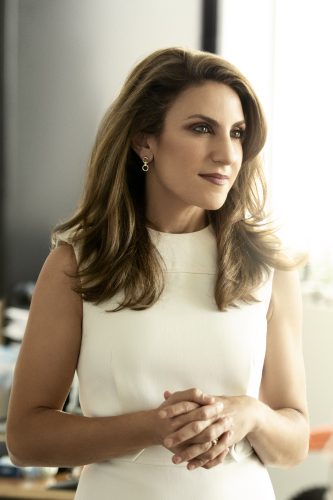
“The Dressmaker of Khair Khana gives voice to many of our world’s unsung heroines. Against all odds, these young women created hope and community, and they never gave up. This book is guaranteed to move you—and to show you a side of Afghanistan few ever see.” ~Angelina Jolie
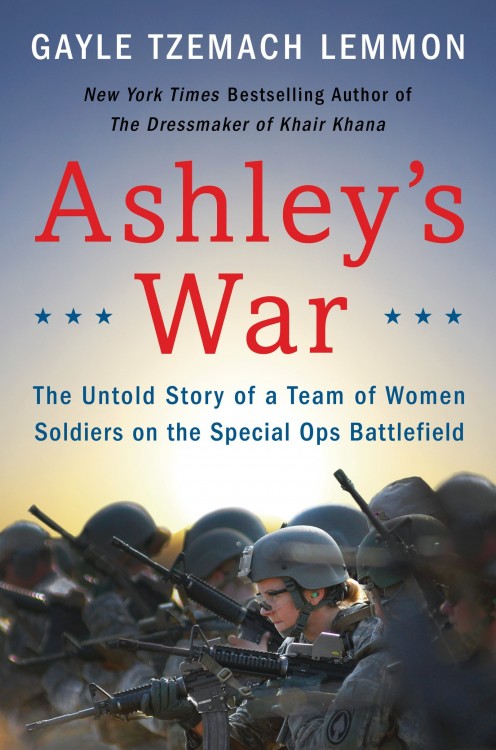
Gayle Tzemach Lemmon is an adjunct senior fellow for women and foreign policy at the Council on Foreign Relations (CFR) and the author of three New York Times best sellers: The Dressmaker of Khair Khana (2011), about a young entrepreneur who supported her community under the Taliban; Ashley’s War: The Untold Story of a Team of Women Soldiers on the Special Ops Battlefield (2015); and The Daughters of Kobani (2021),about the women who took on the Islamic State. Ashley’s War is currently being developed into a major motion picture at Universal with Reese Witherspoon and Bruna Papandrea producing, and The Daughters of Kobani is being developed for the screen by HiddenLight Productions.
In her role as an adjunct senior fellow with the women and foreign policy program at CFR, Lemmon has written from Afghanistan, Liberia, Sierra Leone, Syria, and more for over a decade about the urgency of financial inclusion and the need for new funding models for global entrepreneurs, with a focus on the underbanked and the unbanked, and an emphasis on fragile contexts. This work has been published by the World Bank, Fast Company magazine, the International Finance Corporation, Harvard Business School, the Financial Times, Harvard Business Review, and CNN, among others. Until 2021, Harvard Business School taught a case Lemmon co-wrote around women’s entrepreneurship in Afghanistan. Lemmon also has written about programs such as “Our Daughters, Our Wealth” in India and pilot projects in Tanzania aimed at using financial instruments to address violence against women and girls. Her first TED talk, in 2011, focused on the power of economic inclusion and the economic potential of women entrepreneurs.
Lemmon, who previously held private sector roles in the financial services sector and with venture capital-backed emerging technology start-ups, began writing about entrepreneurship in conflict and post-conflict zones while studying for her MBA at Harvard following a decade covering politics at the ABC News Political Unit.
In 2016, Lemmon served as a special correspondent for the PBS NewsHour in a two-part report on child and forced marriage in the United States. She has written extensively on the fight to end child marriage globally, as well as on the critical need for better maternal health care in fragile contexts.
Lemmon holds an MBA from Harvard and received the Dean’s Award for her work on women’s entrepreneurship. In addition to serving as a Robert Bosch Fellow in Germany, she served as a Fulbright Scholar in Spain, on the board of the international aid organization Mercy Corps, and is a member of the Bretton Woods Committee. She speaks Spanish, German, and French and is conversant in Dari and Kurmanci.
To read more, visit Gayle at www.GayleLemmon.com.
In her book, Gayle honors brave, tenacious and inspiring women. On this International Women’s Day, who do you honor, and why?

